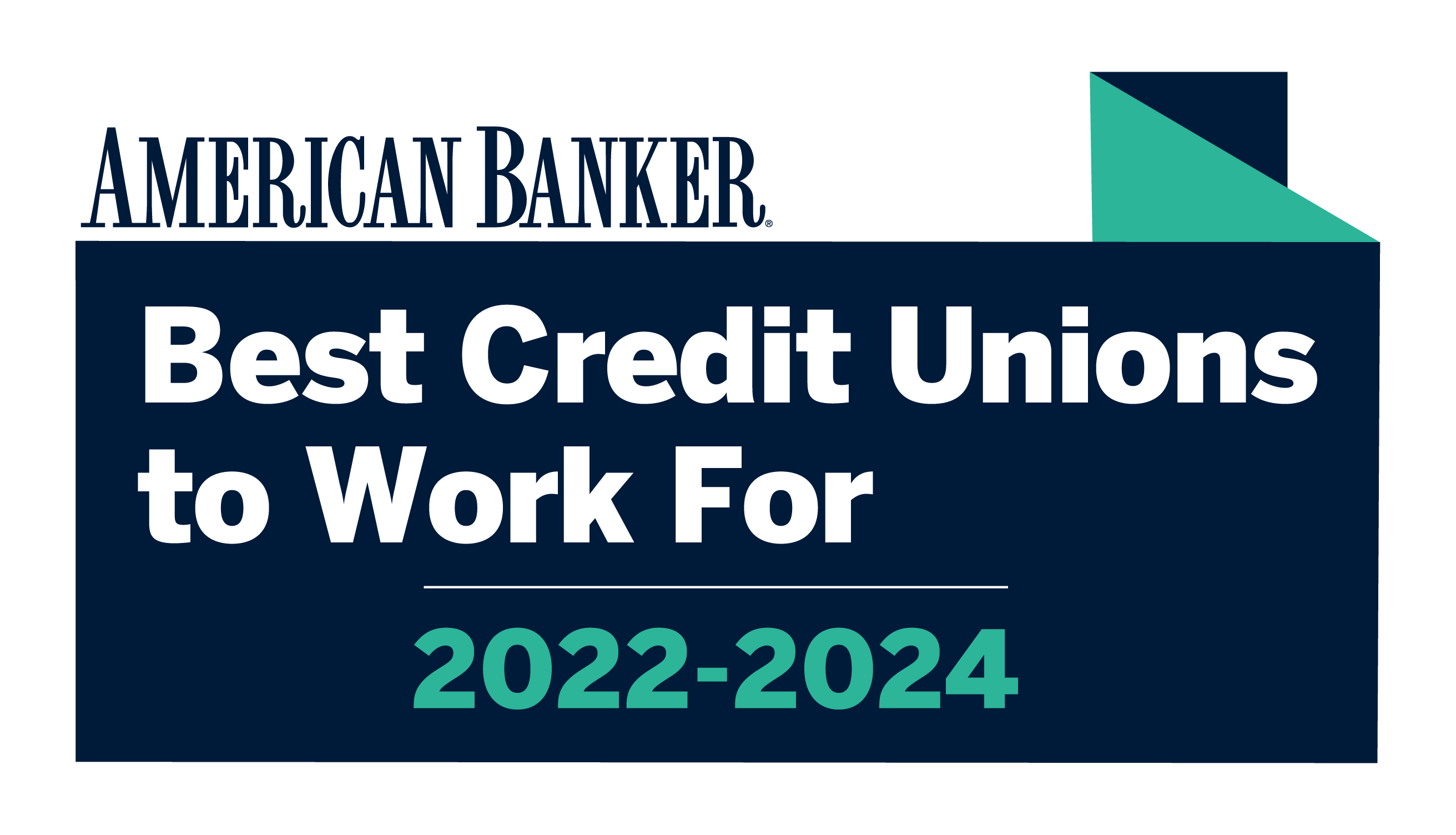10 Ways to Love and Grow Your Money
Treating your money with tender loving care now is important to help plan for your future. Saving your money will help provide long-term financial security, stability, and freedom. And, it doesn’t matter what stage of life you are in — whether in your early years or retired, the more you learn how to save today, can make a big difference down the road.
To help you on your saving journey, here are 10 tips on how to love and grow your money to help you develop a simple and realistic strategy, so you can save for all your short- and long-term savings goals.
Tip #1) Pay Yourself First. When you get your paycheck, you may be giving out money to everyone else. Or, supporting children or other dependents. But it’s important to start paying yourself first by saving money. It’s the only way to ensure your financial longevity and well-being. Most financial institutions can automatically transfer funds from your checking account to your savings account, money market, and other accounts.
Tip #2) Join Your Employer’s 401(k), or contribute to other retirement plans immediately. Set aside enough to be eligible for any matching funds — extra money for your retirement fund — given by your employer. If you’re a low-income worker, you may even qualify for a federal tax credit and can receive as much as $2,000, depending on your income and how much you put into retirement programs. For more information, visit IRS.gov.
Tip #3) Delay Before You Pay. This doesn’t mean pay bills late. It means to stop yourself before you buy. Online shopping has taken impulse buying to new levels. Give yourself a timeframe before you decide to commit to a purchase. Think over that new pair of shoes for two weeks. If, after two weeks you can’t live without them, make room in your budget before you buy.
Tip #4) Live Within Your Means. It’s important to live well within your means at any age, especially when planning for retirement which often demands that you live on a fixed income. The best way to stretch, save and spend wisely is to build a budget. Question your needs and wants. Evaluate your current financial situation, then take a look at the big picture. Make two lists – one for needs and one for wants.
Tip #5) Take Charge of Credit Cards. Credit cards can be an important financial asset to you and your family. Choose the best way to maximize the benefits of credit cards, and understand your financial lifestyle – your money needs and wants. Once you determine how you’ll use a credit card, it’s important to understand all of the card’s features and rates.
Tip #6) Know Your Credit Score. Credit scores are the numerical value used by lenders. Credit scores range in a number from 300 to 850. The higher your score, the better. Credit scores influence whether you’ll be approved for credit cards, mortgages and other loans, as well as the interest rates you’re offered. To keep your scores high . . . pay all of your bills on time, make more than the minimum payment, and avoid opening needless revolving credit accounts.
Tip #7) Don’t Wait to Manage Debt. Know your “debt comfort zone” and understand it can change at different times during your life. Taking charge of your finances will allow you to have less worry and anxiety. Start by making a list of everything you owe, whether it’s a mortgage, a credit card or even student loans. Write down: The lender name, amount you owe, terms of the loan, interest rate and fees . . . then total them up.
Tip #8) Keep Your Identity to Yourself. Identity thieves try to access your personal information in order to steal money from your accounts, open new credit cards, apply for loans and commit other crimes. To protect yourself, get secure bank statements, credit card offers, and anything else that contains your account information, and shred them. And consider getting a secure mailbox as well.
Tip #9) Avoid Unexpected Expenses. You can’t predict when tragic events will strike, but you can plan for them. Set aside money each month for an emergency fund. Have at least three months’ living expenses available to you. Six months is even better. And make it liquid — your emergency fund isn’t like your retirement savings. You should keep it in a savings account or a money market fund — somewhere where you can access it on short notice.
Tip #10) Plan for Caregiving. Many people are raising young families and caring for older loved ones. To help alleviate financial strain, take inventory of your elderly loved one’s income, assets and liabilities. Make a relocation plan if necessary. Where will you and your loved one live? This decision is based on finances, physical abilities and personal temperaments. Factor in living expenses, taxes, housing maintenance, climate, and proximity to family and a support network.
At NIHFCU we’re here to help you develop a strong relationship with your money. Reserve your virtual seat now for our September 15 webinar, Income for Life to learn about retirement income strategies. Or, contact NIHFCU Wealth Advisors to speak to an advisor today! They can help you with a better understanding of how to nurture your money, and how to improve your financial future.
These 10 ways to love your money are brought to you by a clear and simple guide from AARP Financial, Chase and Visa: 50 Ways to Love Your Money. For their other 40 tips, visit Practical Money Skills.





